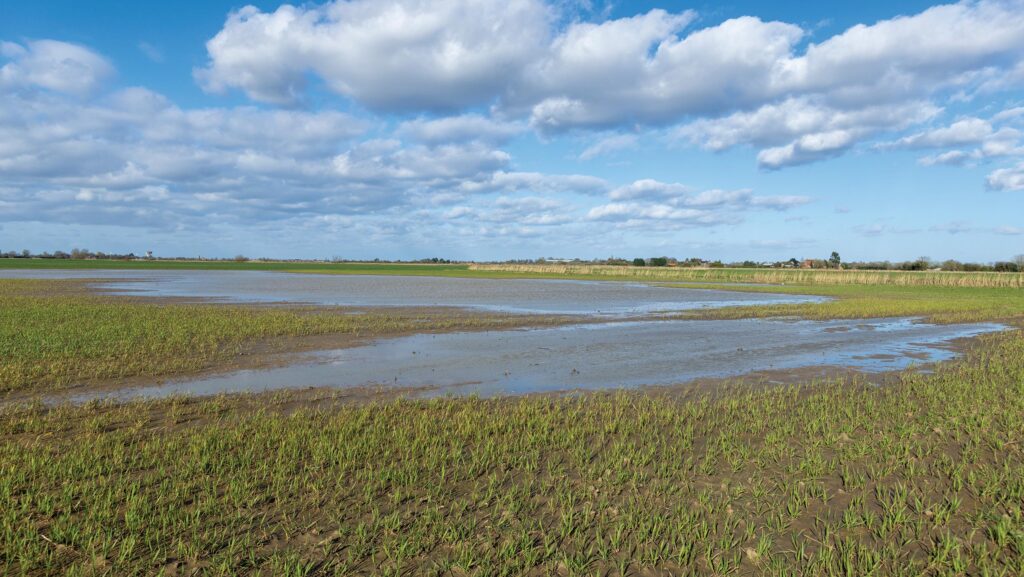Prospect of poor harvest threatens ancillary farm industries
 © GNP
© GNP Concern is growing about the potential impact of a poor harvest on farmers and the wider rural economy, especially connected industries that rely on a buoyant agricultural sector for their trade.
Following months of relentless wet weather, farmers, hauliers, machinery dealers, contractors and the whole agricultural supply sector face a challenging few months ahead, with prospects for harvest 2024 looking bleak.
Jill Hewitt, chief executive of the National Association of Agricultural Contractors (NAAC), said many contractors were already struggling after the very difficult conditions from autumn through to spring, with much work lost over that period.
See also: Further wet weather raises fears of harvest catastrophe
Farm contractors were desperate for a dry spell to get back on the land, but continuing wet weather was causing machinery and staff to be stood down, while the bills kept coming in and they needed to earn an income, she added.
“Cash flow is challenging at the moment, so it’s really important that farmers and contractors work in partnership, keeping prices sensible and making sure contractors get paid on time so everyone is driving productive businesses going forward.”
Large machinery dealerships are also struggling, and several, including Cambridgeshire-based Collings Bros and Suffolk Agri-Centre, have recently fallen into administration, as has Buckinghamshire-based trailer and spreader manufacturer Ktwo Sales.
Stephen Howarth, economist at the Agricultural Engineers Association, said:
“Machinery dealerships are facing a perfect storm. They are holding high stocks of machinery at a time when interest rates have increased and demand is lower than it has been in recent years.
“The wet weather has contributed to farmers holding back on investment in machinery.”
Smaller harvest
Wiltshire mixed farmer David Butler said struggling machinery dealerships could often be taken over by competitors, but his biggest fear was grain haulage firms realising the next harvest will be very challenging, with reduced business from the lower tonnage.
The added difficulties of recruiting skilled HGV drivers meant local haulage firms could be lost, with a negative effect on harvest grain movements.
“Once these companion businesses are gone, they rarely come back,” Mr Butler said.
In previous bad years, farmers had the buffer of BPS payments, but these are down by at least 50% this year.
Nottinghamshire arable farmer John Charles-Jones has therefore urged Defra to bring forward the new SFI option for a multispecies spring or summer crop to help get soils into better shape for the following crop, while also providing an income stream for the affected fields.
Cashflows
Mark Chatterton, head of agriculture at accountancy firm Duncan & Toplis, said many arable farmers were planning to leave ground fallow and drill a first wheat in September, so spray costs for this year would be higher than normal.
“It will be mid-2025 when cashflows could be at their worst, as a result of lower produce sales from harvest 2024 coupled with higher input costs to pay for – hopefully – a full crop in the ground for harvest 2025,” he said.
Rob Hitch, a farm accountant at Dodd and Co based in Cumbria, said the prolonged wet weather was also putting pressure on livestock farmers just as the lambing season reached its peak and cows were turned out to grass.
“Livestock farmers are also starting to worry about where feed prices and particularly straw prices may be this summer,” he said.
